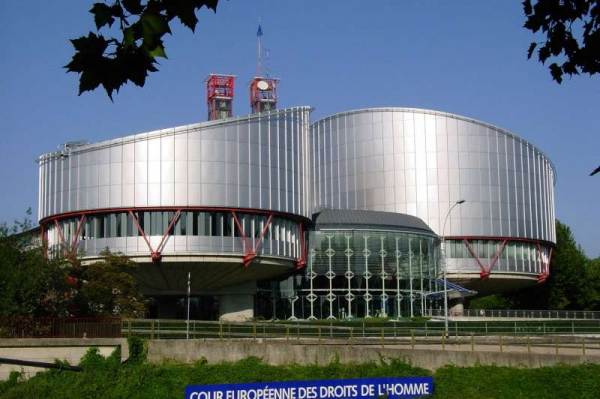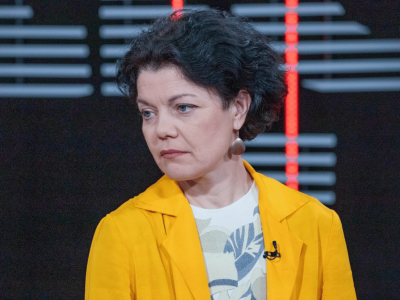
HFHR has submitted an amicus curiae brief with the European Court of Human Rights in Levada v. Russia, a case concerning a Russian law on NGOs. According to this law, all non-governmental organisations that “engage in political activities” and receive foreign funding must register as “foreign agents”. Moreover, all materials published by such organisations must be identified as originating from a “foreign agent”. The organisations in question also need to fulfil many other additional administrative obligations.
Interference with guaranteed rights
In its amicus curiae brief, the HFHR emphasises that such laws interfere with the intertwined freedoms of association and expression guaranteed under international law. For this reason, laws restricting NGOs’ ability to raise funds have been subject to extensive criticism by a number of international bodies. Such critical opinions pointed out in particular that it was unacceptable to discriminate against NGOs on the basis of their sources of funding and to conduct campaigns aimed at discrediting such organisations in the eyes of the general public.
Similar restrictions were introduced in Hungary, among other countries, where they also caused controversy. The HFHR noted that proponents of limiting NGO access to foreign funding often invoke the example of US Foreign Agents Registration Act. In practice, however, the narrow interpretation given to the Act prevents it from being applied against NGOs engaged in human rights advocacy or the promotion of the rule of law; instead, FARA is used to regulate organisations, often of a commercial nature, engaged in political lobbying to promote interests of foreign countries.
Significance of Levada in international context
The Foundation pointed out that the ECtHR’s judgment in this case might be significant not only for Russia but also for entire Europe. Numerous international bodies have recently noted a worrying and widespread trend of expanding national restrictions on the freedom of NGOs’ activities. The ruling that the Strasburg Court is to make in Levada may contribute to the strengthening of standards on the protection of freedom of association and, consequently, discourage other countries from enacting similar laws. In this respect, the HFHR referred to the example of Poland, where an equivalent law on foreign agents has not yet been adopted, but NGOs receiving funding from abroad have been targeted by a smear campaign conducted by the state-owned television and subjected to certain measures by public authorities that adversely affect the freedom of NGO activity.


